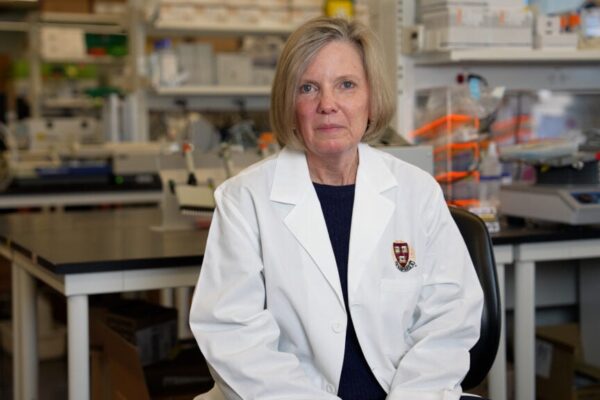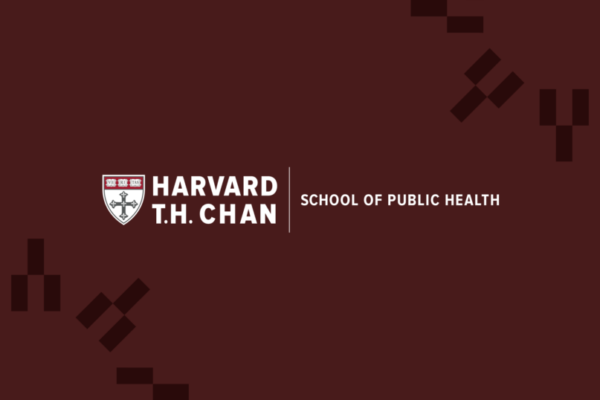
Public health and the arts: A conversation with A.R.T.’s Diane Paulus newsthirst.
Home / News / The Studio / Public health and the arts: A conversation with A.R.T.’s Diane Paulus Diane Paulus, the Tony Award-winning Terrie and Bradley Bloom Artistic Director of the American Repertory Theater (A.R.T.) at Harvard University, discussed the power of theater to illuminate critical public health challenges. Paulus shared how A.R.T. productions including…













